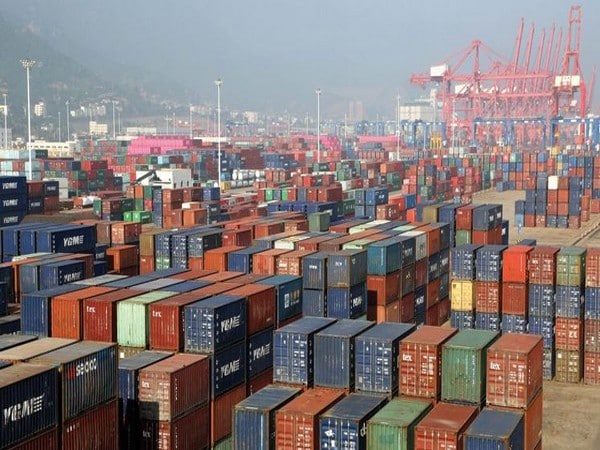About Logistics Data Bank Project:
- This project was launched on 2016 at the Jawaharlal Nehru Port, Mumbai.
- Objectives: The project launched to make India’s logistics sector more efficient through the use of Information Technology.
- Implementing Agency: It is being implemented through a Special Purpose Vehicle called Delhi Mumbai Industrial Corridor Development Corporation Logistics Data Services Ltd. (DLDSL) – that is jointly (50:50) owned by the Delhi Mumbai Industrial Corridor (DMIC) Trust and Japanese IT services major NEC Corporation.
- Key features:
- Every container is attached to a Radio Frequency Identification Tag (RFID) tag and then tracked through RFID readers – aids importers and exporters in tracking their goods in transit.
- This has, in turn, cut the overall lead time of container movement as well as reduced transaction costs that consignees and shippers incur.
- The project covers “the entire movement (of containers) through rail or road till the Inland Container Depot and Container Freight Station.
- The service integrates information available with the agencies across the supply chain to provide detailed, real-time information within a single window.
- It is billed as a major ‘ease of doing business’ initiative aimed at boosting India’s foreign trade and ensuring greater transparency.
- Nodal Ministry: Ministry of Commerce and Industry.
Q1) What is RFID?
RFID stands for Radio Frequency Identification. It is a technology that uses radio waves to identify and track objects or individuals automatically. RFID systems consist of three main components: RFID tags, RFID readers, and a backend database or system for processing and storing data.
Last updated on June, 2025
→ UPSC Notification 2025 was released on 22nd January 2025.
→ UPSC Prelims Result 2025 is out now for the CSE held on 25 May 2025.
→ UPSC Prelims Question Paper 2025 and Unofficial Prelims Answer Key 2025 are available now.
→ UPSC Calendar 2026 is released on 15th May, 2025.
→ The UPSC Vacancy 2025 were released 1129, out of which 979 were for UPSC CSE and remaining 150 are for UPSC IFoS.
→ UPSC Mains 2025 will be conducted on 22nd August 2025.
→ UPSC Prelims 2026 will be conducted on 24th May, 2026 & UPSC Mains 2026 will be conducted on 21st August 2026.
→ The UPSC Selection Process is of 3 stages-Prelims, Mains and Interview.
→ UPSC Result 2024 is released with latest UPSC Marksheet 2024. Check Now!
→ UPSC Toppers List 2024 is released now. Shakti Dubey is UPSC AIR 1 2024 Topper.
→ Also check Best IAS Coaching in Delhi
























